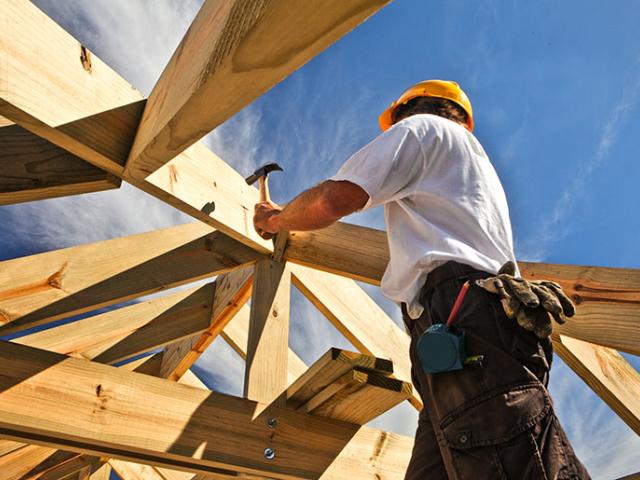Closing your home purchase
Homeownership is right around the corner, but first, it's time to lock down all the details and close the deal.
Closing, also called settlement, is a meeting where the final documents are signed, the closing costs are paid, and ownership of the home is officially transferred to you.
Get prepared for closing
Secure your closing funds. Your lender will outline your closing costs in your loan estimate. Closing costs vary, but you can expect to pay 2%-5% of the loan amount. Learn more about closing costs.
Request a final walk-through. You should request to do a formal walk-through of the home 24 hours before closing. During the walk-through, be sure to check that all required repairs have been made, the home is in the agreed upon condition, and that the seller has completely vacated the property.
Read closing documents. You typically don’t have time to read all documents thoroughly at closing. Ask your attorney or closing agent for the closing documents ahead of time so that you have ample opportunity to review them at your own pace.
Three days before your closing date, you'll receive your closing disclosure, which lays out the final details of your home loan and the closing costs you have agreed to. Review this document carefully. If you note any large variations from the costs your lender provided in your loan estimate, reach out to your lender for clarification.
Remember, your team gets paid to help you every step of the way and these are your finances — don’t be afraid to ask questions.
Learn more about the steps you can take to prepare for closing day.
Estimate your total closing expenses for purchasing a home with our closing costs calculator.
What to expect on closing day
Closing day can be intimidating. There’s a lot of paperwork to sign, and the process can take a few hours. Although every closing differs, the following generally holds true:
Closings usually take place at a title company with your real estate agent, a closing agent, any co-borrower(s) and the seller's real estate agent.
You’ll need to bring a state-issued photo ID and all documentation related to your purchase, including proof of homeowners insurance and a copy of the purchase contract.
You’ll need to bring a cashier’s check or wire transfer to pay for outstanding escrow items or closing costs that aren’t rolled into the loan.
You'll be asked to review and sign a handful of documents at closing. Be sure to carefully read and fully understand these documents, as they are legally binding and spell out your financial obligations and rights as a homeowner.
When everything is signed and completed, you'll receive the keys to your new home!
It's important to understand the closing process so that you are prepared when your settlement date arrives. Be sure to take your time and have your trusted team with you to answer any questions that may arise.



